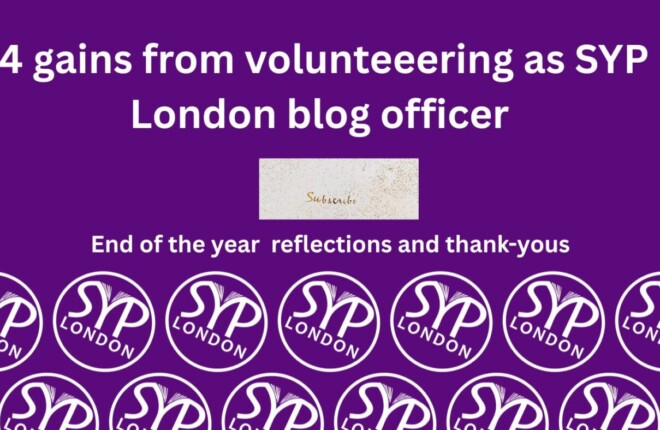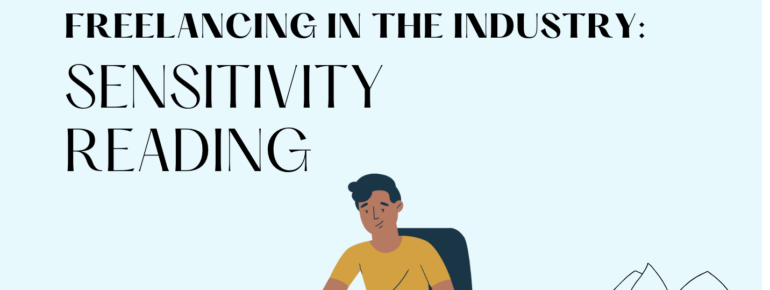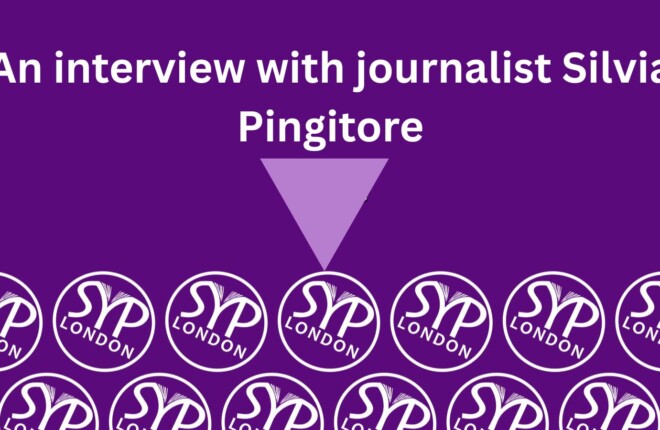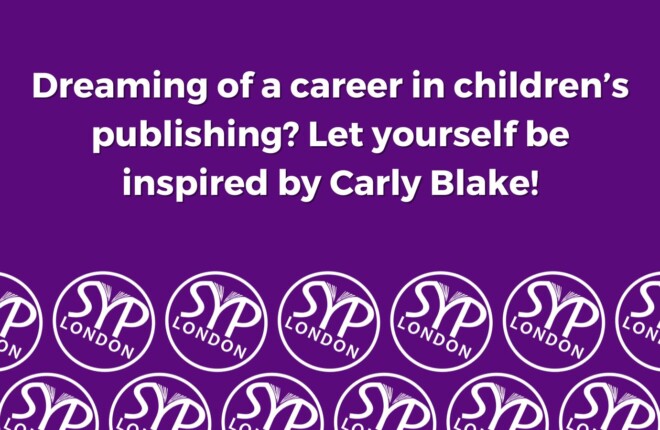
Freelancing in the industry: sensitivity reading
Posted on February 12, 2024 in London

Freelancing within the publishing industry can be a great way to work in publishing without working in publishing. Or even do on the side of your full-time job, whether that is in or out of the industry. Publishing relies on freelancers for all manner of things: proofreading, copyediting, illustration, design, and more increasingly – sensitivity reading.
What is a sensitivity reader?
Sensitivity or authenticity readers are hired on a freelance basis to read a literary work looking for perceived offence, stereotyping or misrepresentation. The sensitivity reader will have an experience or an identity that the author does not and so is relied on to provide a report using their specific cultural or experiential lens, suggesting changes where necessary. These books can be fiction, non-fiction, novelty or children’s books. It can be a great way for someone with a specific identity or experience to work as a consultant in books and undertake a different kind of editing.
Why you should consider sensitivity reading
If you have a certain identity or experience and perhaps have editing experience, then becoming a freelance sensitivity reader is a great way of flexing more editorial muscles, making more of a name for yourself in the industry, and even earning some extra money.
How to get into sensitivity reading
If you’re looking to do some freelancing in publishing and think you’d be a good fit for sensitivity reading, then you can start by reaching out to communities like Write Up, and asking to be put on their database. You can also reach out to publishers directly, perhaps via an editor and ask to be put on their database too. Especially when you’re starting out, it can be slow as publishers will reach out if they need a specific kind of sensitivity read and you fit what they’re looking for. However, the more you do and the more recommendations you receive, the more work you’ll receive.
How does it work?
Usually, once contracts have been agreed and signed, you will be sent a text and given a deadline to which you need to provide your report. One way of doing this is by separating the report into the sections the book is divided into (chapters, parts, sections etc.), provide a summary with general feedback and then provide detailed feedback if changes are necessary, explaining why. It can be helpful to provide references/readings if applicable so that your justification for changes are more concrete. Generally though a publisher will take your suggestions on board as they have contracted you as the expert. Once you’ve completed your report, send it off and make sure you chase payment if it is taking longer than it should!
Top tips
- See if you can find examples of other sensitivity reading reports so you have an idea how to format.
- Reach out to other sensitivity readers for advice, help with things like invoicing if you are unsure where to start and what rates to provide.
- If you work full-time, ensure you can manage your time outside of working hours to complete your sensitivity read for your given deadline. If you feel you need more time, be open with your contractor about this.
- If a publisher is being slow to pay, chase up! So many freelancers have a nightmare with being paid on time, don’t be afraid to be pushy to be paid for your time.
- Ask for endorsements and to be recommended for your services after each project and make this available on a website/LinkedIn.
- If you want to take on more work, rather than ad hoc here and there, it can be worth creating a website where you can list your services, previous projects and contact details.




 Listen to the podcast
Listen to the podcast  Explore the Youtube channel
Explore the Youtube channel